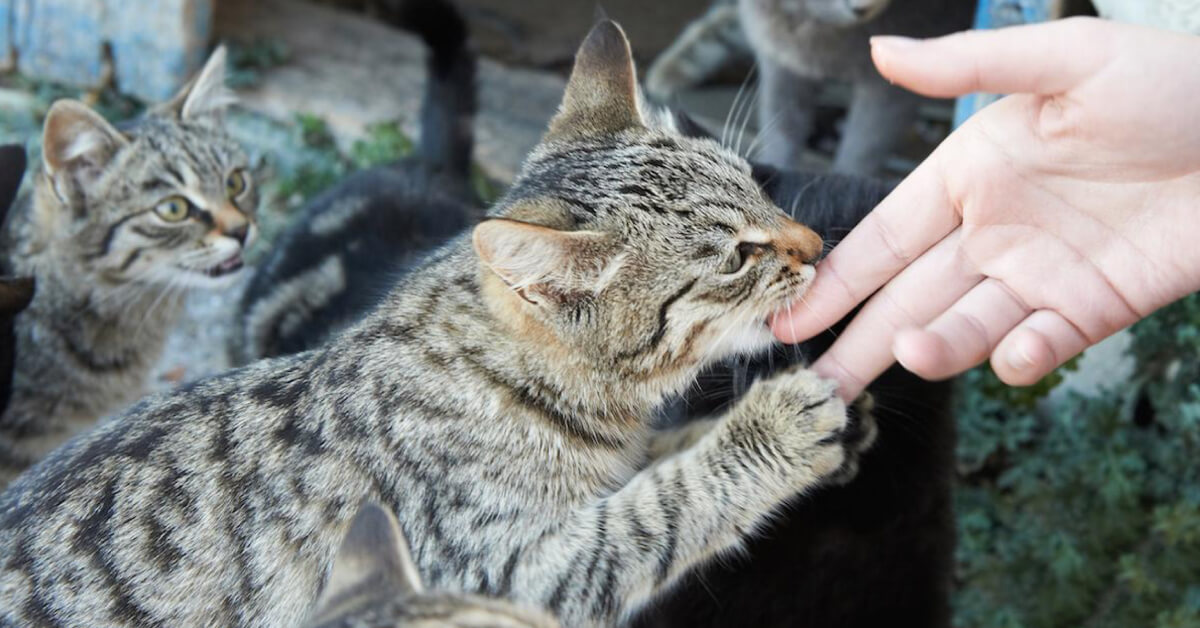

Ideal locations for rehoming are farms and small holdings where the cat can live outdoors and may be useful as a method of pest control.

keep your cat's vaccinations up to date and treat them regularly for worms and fleas.ensure that your cat has been neutered to stop them from breeding with feral cats and make them less likely to get into fights with them.consider installing an electronic cat flap - this will stop other cats from entering your home.Instruments MSE The MSE synthesizer system is three components in one the MSE synth module, the Quad, and the SEQ8. From synths and sequencers to effects for space and color.
#STRAY CATS FREE#
keep your cat's food bowls indoors to avoid attracting feral cats to your home or garden Stray Cats Collection by Max for Cats We’ve teamed up with Max for Cats and Sonic Bloom to give you a free collection of devices to keep you company at home.Illness and deformity are increased in a feral colony due to poor nutrition, inbreeding and fighting - female cats in a continual cycle of breeding are vulnerable to potentially fatal diseases, which can result in a partially weaned litter being abandoned.

They are also more likely to be involved in road accidents. They often live in groups, breeding repeatedly with the other cats in the colony.Ī colony of feral cats can act as a reservoir of disease such as Feline Leukaemia (FeLV), Feline HIV (FIV), and other diseases and parasites that can be transmitted to domestic pet cats. Supported by the Ministry of National Development (MND), Project Love Cats comprises stakeholders such as the Animal Veterinary Service (AVS) (formerly known as the Agri-Food and Veterinary Authority of Singapore), Housing and Development Board (HDB), the local town council and the Cat Welfare Society (CWS).Feral cats are the same species as pet cats, but are not socialised to humans or the domestic environment - this means they behave like wild animals.įeral cats are different to stray cats, they are usually unfriendly and stay away from humans. The programme was effected to test a community management framework on responsible cat ownership. Project Love Cats, a pilot project on cat ownership, was launched on 20 October 2012 in Chong Pang and was supported by its Member of Parliament Mr K. The programme covers all Housing and Development Board (HDB) estates, private residential, commercial, and industrial areas. AVS works in collaboration with other stakeholders such as Town Councils, National Environment Agency (NEA), Cat Welfare Society (CWS), Society for the Prevention of Cruelty to Animals (SPCA), Noah’s Ark Companion Animal Rescue & Education Society (NA CARES) and Causes for Animals (Singapore) on SCSP, which is supported by the Ministry of National Development (MND). Under this programme, we subsidise part of the sterilisation cost for each cat. Stray Cat Sterilisation Programme (SCSP) The Stray Cat Sterilisation Programme (SCSP) was piloted in June 2011 to manage the stray cat population and mitigate issues, such as caterwauling. To find out how you can live h armoniously with cats in your neighbourhood, read about it here. However, some have become used to human interaction through the efforts of responsible care giving.

These cats are generally wary of people and other animals. Stray cats, commonly known to some as community cats can usually be found amidst our living environment.


 0 kommentar(er)
0 kommentar(er)
